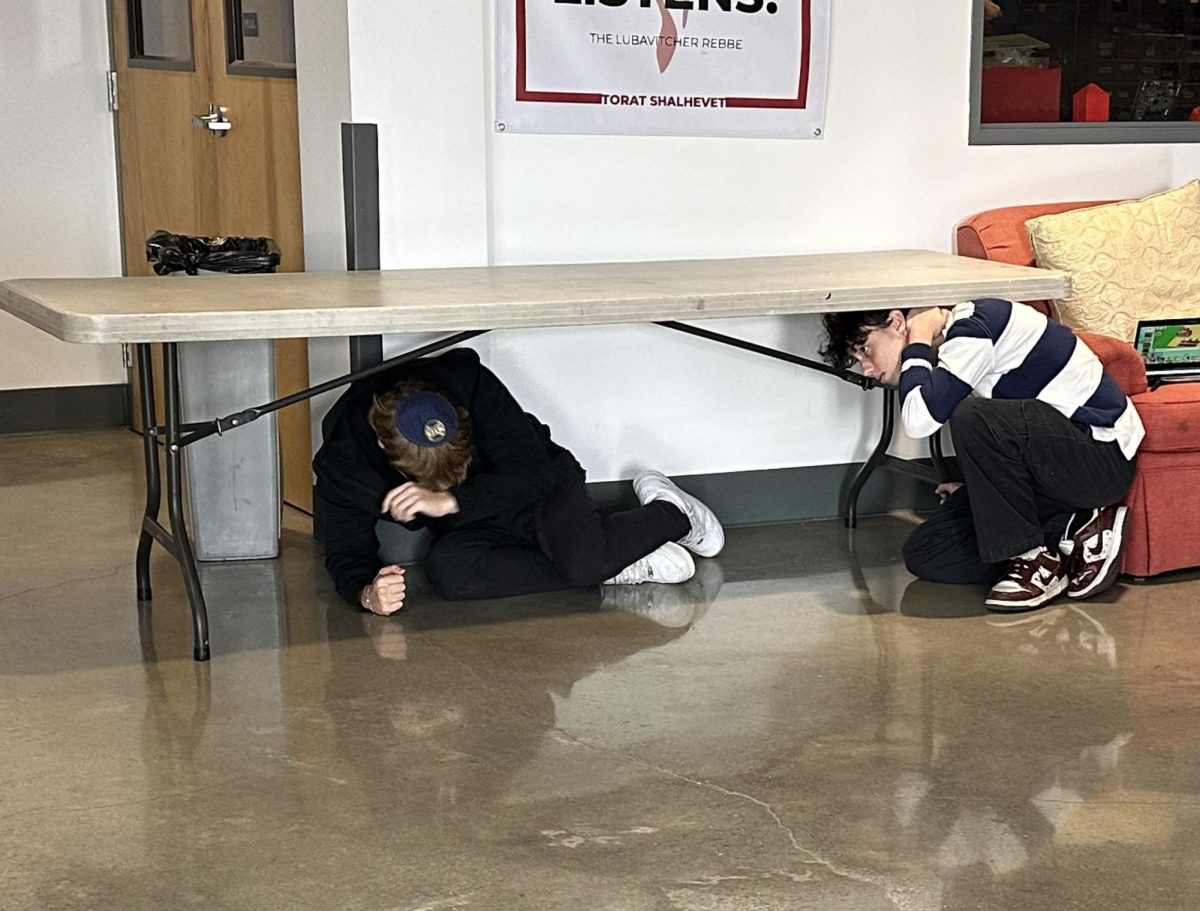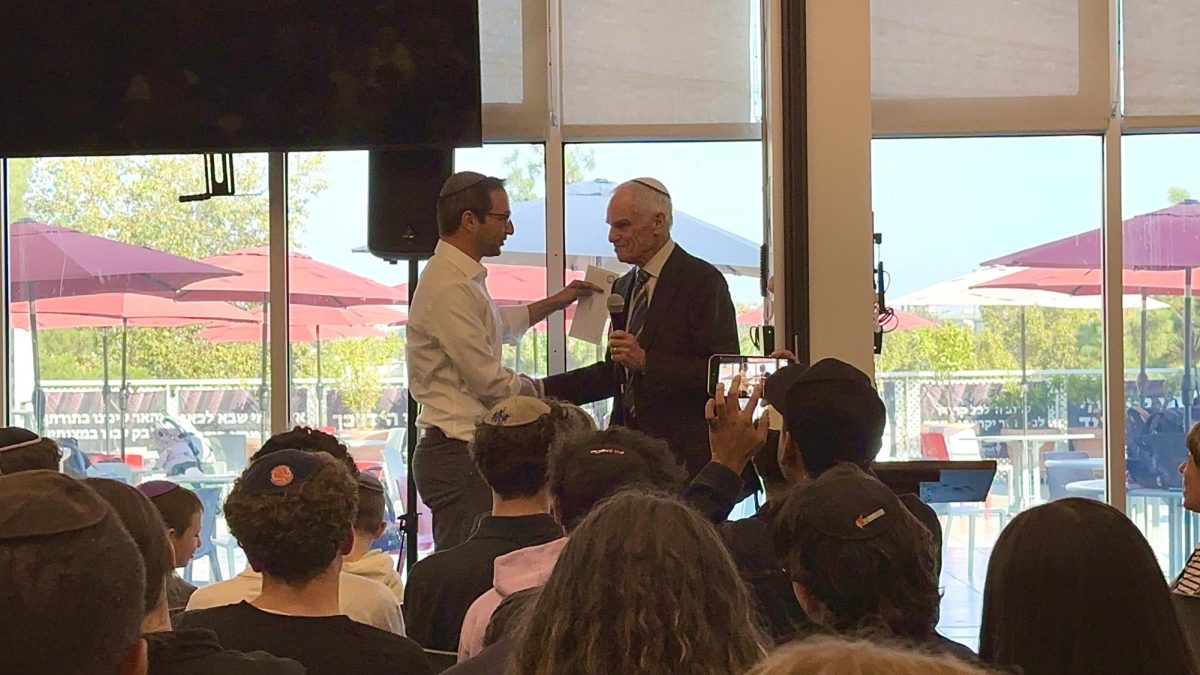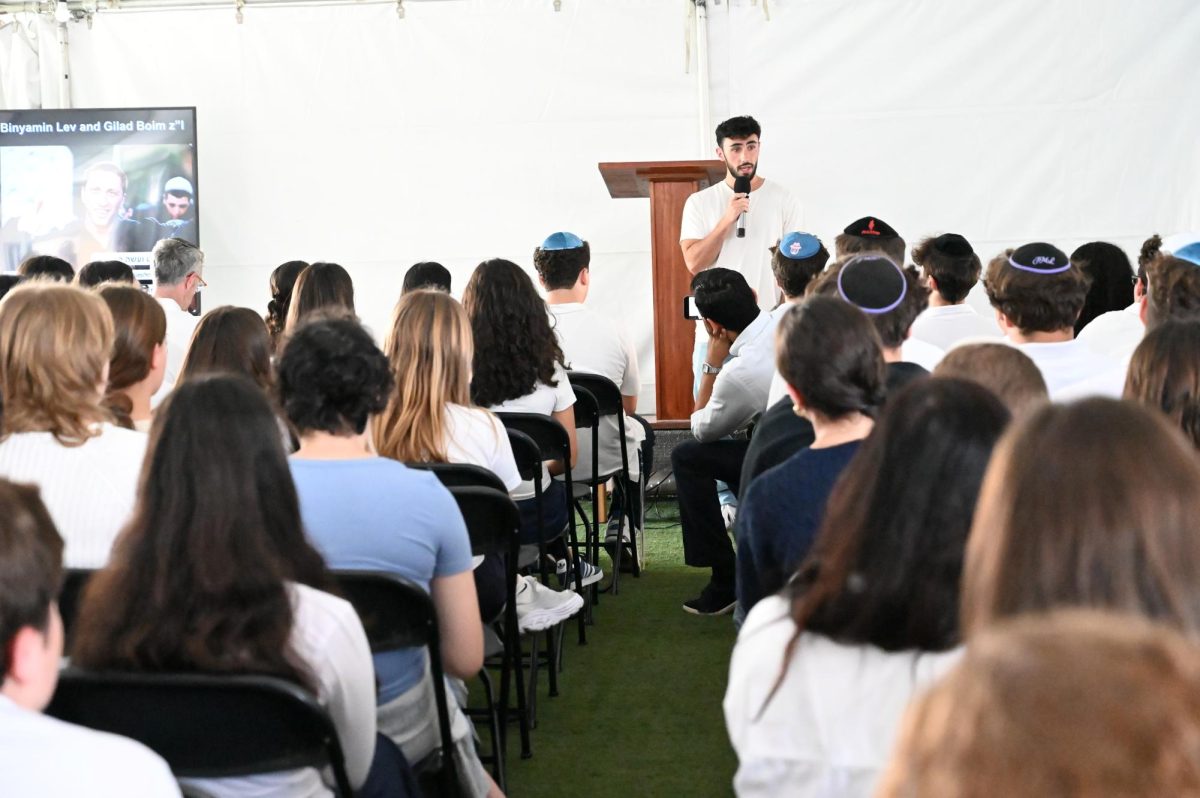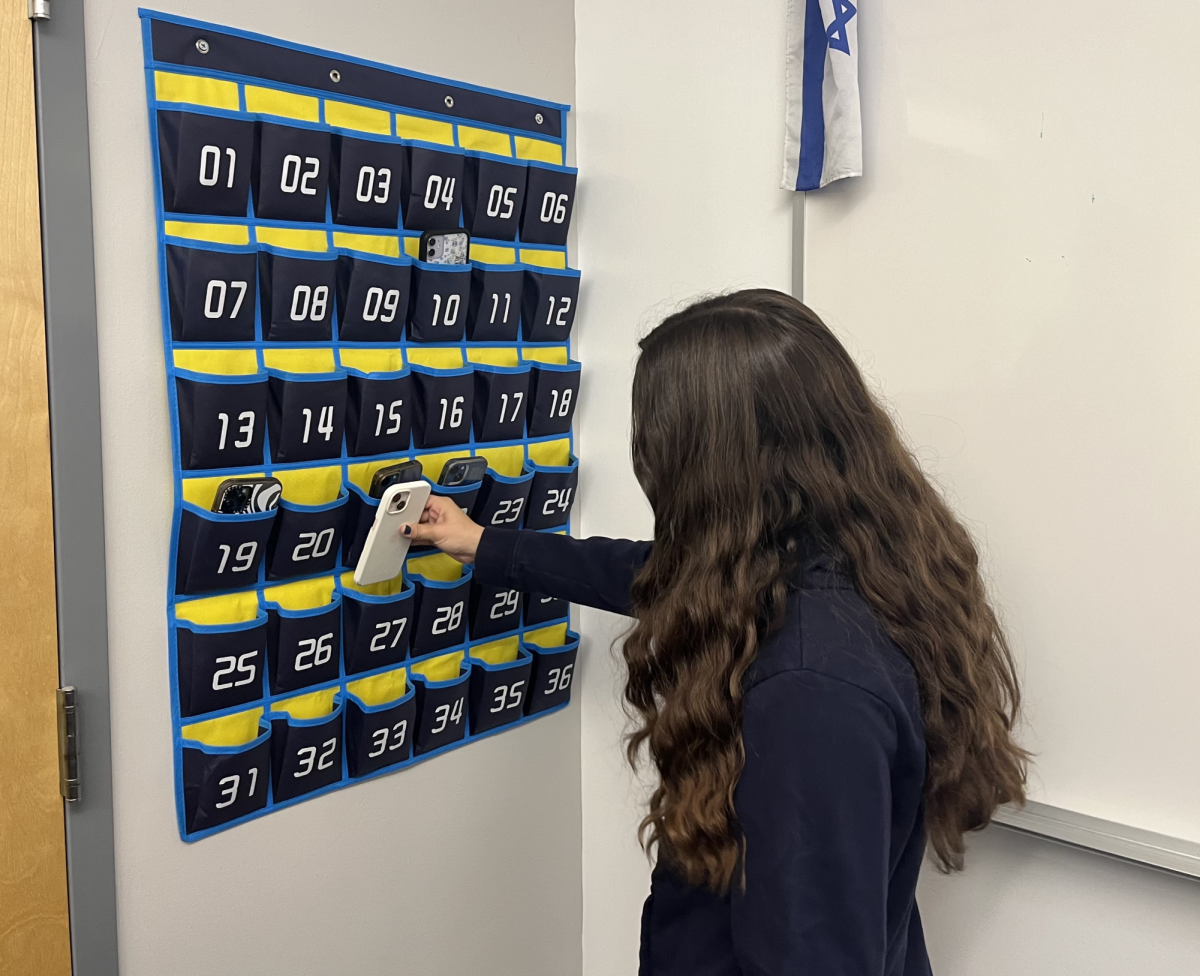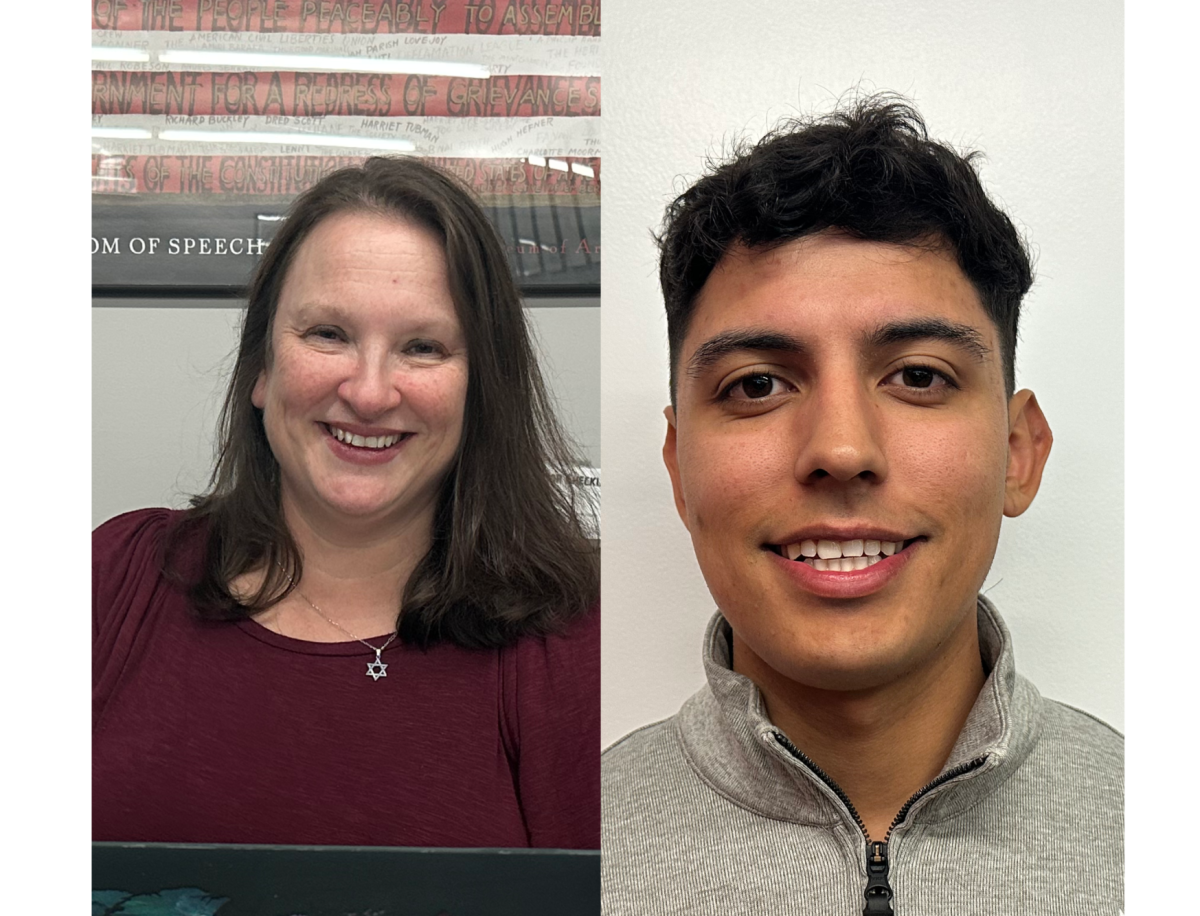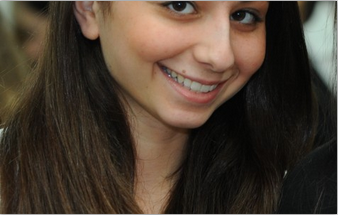Leaders of the National Scholastic Press Association decided Thursday to hold a separate awards presentation for the Boiling Point delegation at the group’s annual conference in San Antonio next month, after learning that Shalhevet’s administration had decided its students could not attend the presentation held Shabbat afternoon.
“We wanted to make sure that we can accomplish our goal, which is to recognize students for the good work that they do,” said Logan Aimone, Executive Director of the NSPA, in a telephone interview Friday. “If it’s something we can do to easily accommodate that, I think we ought to do it.”
At the presentation, set for 3:30 p.m. on Saturday, Nov. 17, awards will be given out in many categories, including Story of the Year — where this newspaper has won two Honorable Mentions this year — and also the Pacemaker, a full-year award for which the Boiling Point is currently a finalist for the first time in its history.
In past years, hundreds of delegates from around the U.S — nominees, winners and many others who want to see what it takes to win — have attended the presentation, where Mr. Aimone shows slides of examples of work from winning and nominated papers. More than 4,000 students are expected at the NSPA fall convention this year.
The Shalhevet delegation will be six students led by Co-Editor-in-Chief Jacob Ellenhorn. They had planned to keep Shabbat and simply watch the presentation, as they had done at two NSPA conventions in the past under previous heads of school.
“When I heard Rabbi Segal was going to allow us to go I was really happy,”Jacob said. “We all understood that we were still going to keep Shabbat. When I heard the decision was changed, I didn’t necessary like the decision, but I understood it’s important to consult rabbis, and going to event wasn’t in the spirit of Shabbat.”
Head of School Rabbi Ari Segal and Judaic Studies Principal Mr. Noam Weissman felt that whether the Boiling Point should attend the presentation was a “gray area” in halacha, or Jewish law.
“We really wanted the Boiling Point to participate and celebrate their hard work,” Rabbi Segal said. “But you can’t make your wants and need supersede halacha. We were trying to avoid doing that.”
Rabbi Segal said he and Mr. Weissman had consulted Rabbi Michael Broyde and Rabbi Jeremy Wieder about allowing the school to attend the presentation, ultimately deciding that it would not be fitting with the spirit of Shabbat to allow the students to attend. Rabbi Broyde is a professor at Emory University and a judge for the Beth Din of America. Rabbi Wieder is a Rosh Yeshiva at the Rabbi Isaac Elchanan Theological Seminary at Yeshiva University.
“There may not be anything halachically wrong in the technical sense,” Mr. Weissman said about the presentation. “However after speaking with both Rabbi Weider and Rabbi Broyde, Rabbi Segal and and I felt as though while this may not be a halachic, black and white issue, this would cross the boundary.”
After reaching that conclusion, Rabbi Segal asked Boiling Point faculty adviser Mrs. Joelle Keene to contact the NSPA office and ask whether they might be able to change the program, with the Boiling Point’s part being presented after Shabbat.
Mrs. Keene spoke with Grace Christiansen, the NSPA’s Director of Contests and Critiques, who consulted with Mr. Aimone and then said that officials would arrange a separate showing of the entire Pacemaker Award presentation either Saturday night or Sunday morning. Boiling Point staffers will thus see highlights not only of their own paper but other Pacemaker winners and nominees as well.
“It is an extremely generous solution,” Mrs. Keene said.
Rabbi Segal said that Shalhevet did not demand a change from the NSPA, it only asked — thus avoiding a potential a chilul hashem — literally, a desecration of God’s name, meaning behavior that makes God or Judaism look bad. He said that if anything, the school’s commitment to religious values qualifies as a kiddush hashem — a sanctification of God’s name.
“I am incredibly careful about that issue – both personally and professionally,” Rabbi Segal wrote in an e-mail to The Boiling Point Friday. “Whether it is staying in my seat to daven on an airplane, not asking my MBA program to make changes for me, how I deal with vendors and cashiers, etc., I am always worried about people seeing Jews as entitled, rude or unethical. It is part of the responsibility of being an outwardly observant Jew.
“I believe that God gave Torah to the world and it is our everlasting and all-encompassing responsibility to live a life committed to that Torah and to Halacha. Nothing, including personal wants and needs, comes before that. Expressing that, in a deferential and respectful way to those around us can only serve as a model for commitment to something sacred in a world that can often feel devoid of meaning and values.”
Now that the decision has been made, the Boiling Point delegation has mixed feelings.
“Of course the decision is not what I wanted,”said Jacob. “I really wanted to be with the other schools as our paper was discussed. I am thankful that we live in a place where people make accommodations for us. But I feel uncomfortable constantly asking for accommodations for things.”
RELATED: Letter from Rabbi Segal regarding decision on NSPA conference


